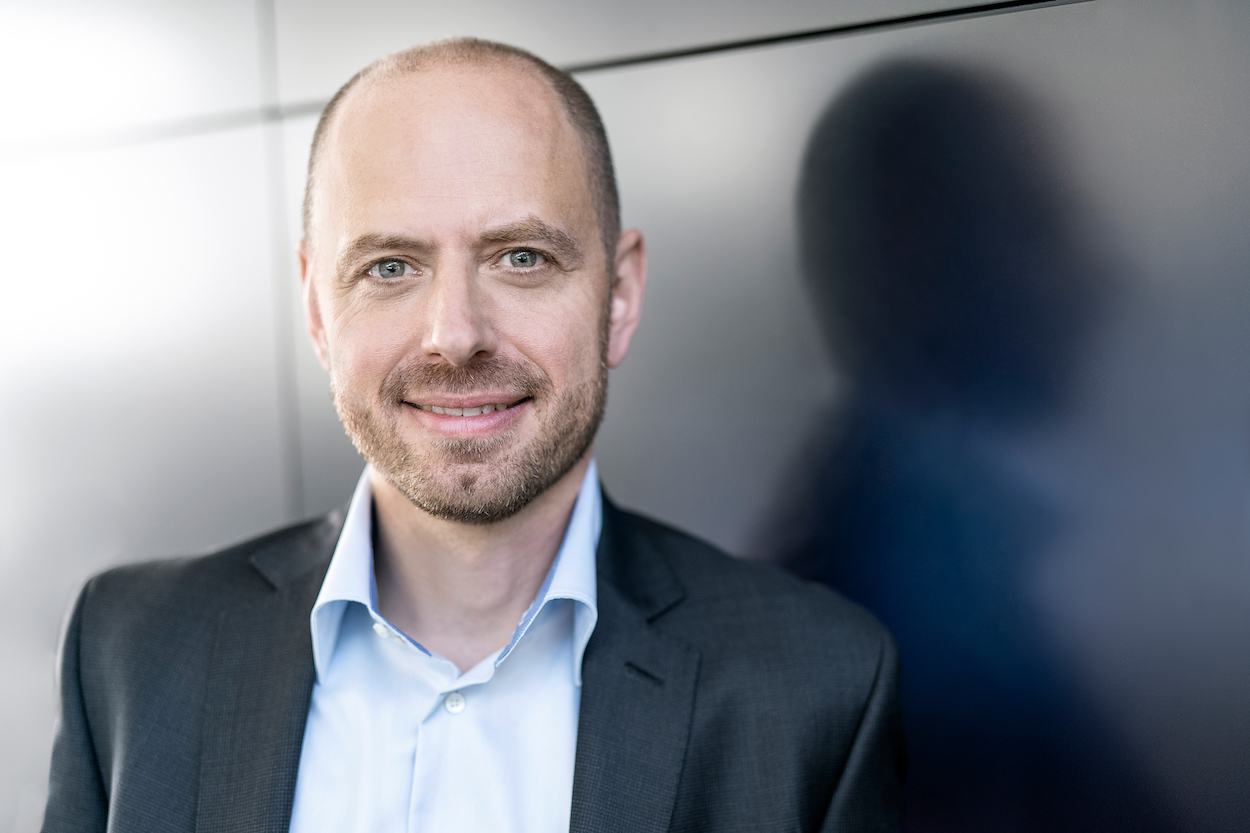Post - Blog
Time is running out
- 4 years ago (2021-10-03)
- Junior Isles

By Christian Bruch , CEO, Siemens Energy

Africa Energy Indaba 2026
Germany has voted. The result is inconceivably close but the last thing we need now is party-political calculation. The goal must be to form a government capable of acting as quickly as possible that combines the various competencies. There are many important tasks ahead of us that one party alone cannot solve, and this is also reflected in the votes of the electorate. The future governing parties must show that climate protection and the energy transition were not just election campaign issues. To achieve the Paris climate targets, we need a much more ambitious climate and energy policy. And more speed. At the same time, security of supply, competitiveness of German industry and social cohesion must be balanced. How can the new governing coalition achieve this?
The most important steering instrument on the road to climate neutrality is CO2 pricing. Every ton saved counts when it comes to reducing emissions. What is needed is a mix of sector-specific price signals and quota requirements that provide an economic incentive for transformation without overburdening consumers and industry. The revenue from CO2 pricing must be used in full to exempt renewable energy sources from levies and surcharges, thus helping to ease the burden.
During the election campaign, there were unanimous calls for a faster and more consistent expansion of renewable power generation. Now words must be followed by action. Increasing electricity demand must be met with more electrification in mobility, industry and buildings. This will only work with simplified planning requirements, massively accelerated approval procedures, additional expansion areas on land and at sea, faster electricity grid expansion, and the import of renewable energy in the form of green hydrogen and fuels.
This path will not work without transitional solutions. Coal still makes up the majority of our electricity mix. This must change quickly. At the same time, reliable power supply is a must, even when the sun isn't shining or the wind isn't blowing. With gas fired power plants, we can efficiently ensure security of supply even when demand increases. Compared with coal, electricity from gas already cuts emissions by up to two-thirds. And it does so immediately. Thanks to their hydrogen capability, these power plants can also be converted cost-effectively and continue to be used CO2-free if renewable hydrogen is available in sufficient quantities. The new government must create appropriate boundary conditions so that investments in interim solutions also make economic sense.
And finally, the energy transition needs more of a market again. Government support is important to stimulate technologies, but it cannot replace private investment in the long term. Instead of overregulation and government micromanagement, the government should create the framework with clear targets and incentives in which the best ideas, most innovative and efficient technologies, and most customer-friendly business models prevail.
Conclusion: The election campaign is over, the parties must now show in the coalition negotiations that they are serious about the energy transition. This includes more honesty in the debate: The transformation will involve painful restrictions and, at least initially, will also cost jobs. Nevertheless, we must succeed in bringing people along with us on the journey, otherwise the bill will be even more expensive for future generations. Germany must create an investment-friendly and reliable environment that provides incentives for long-term investment and thus promotes the competitiveness of German industry. A new government has a lot of work to do – time is running out.
